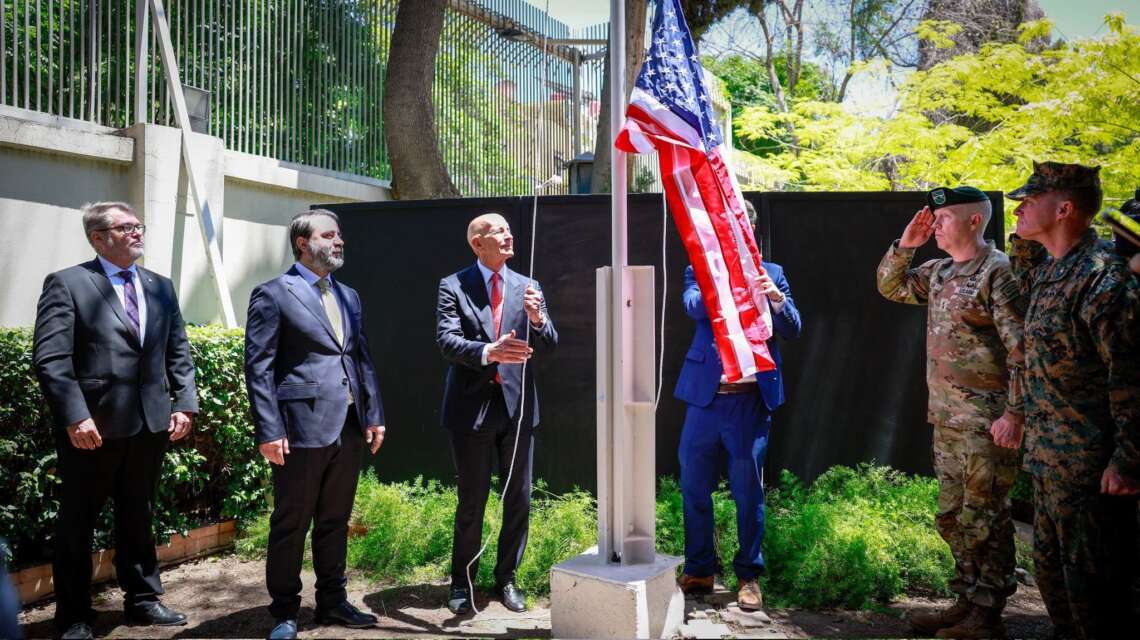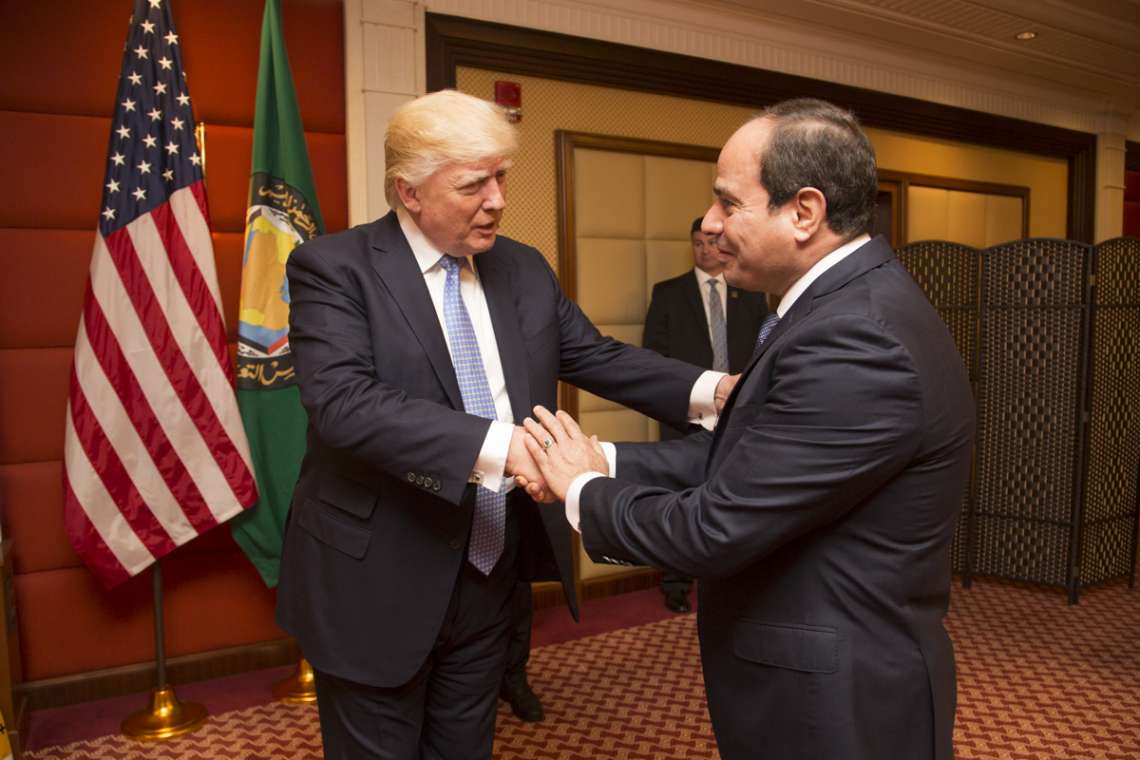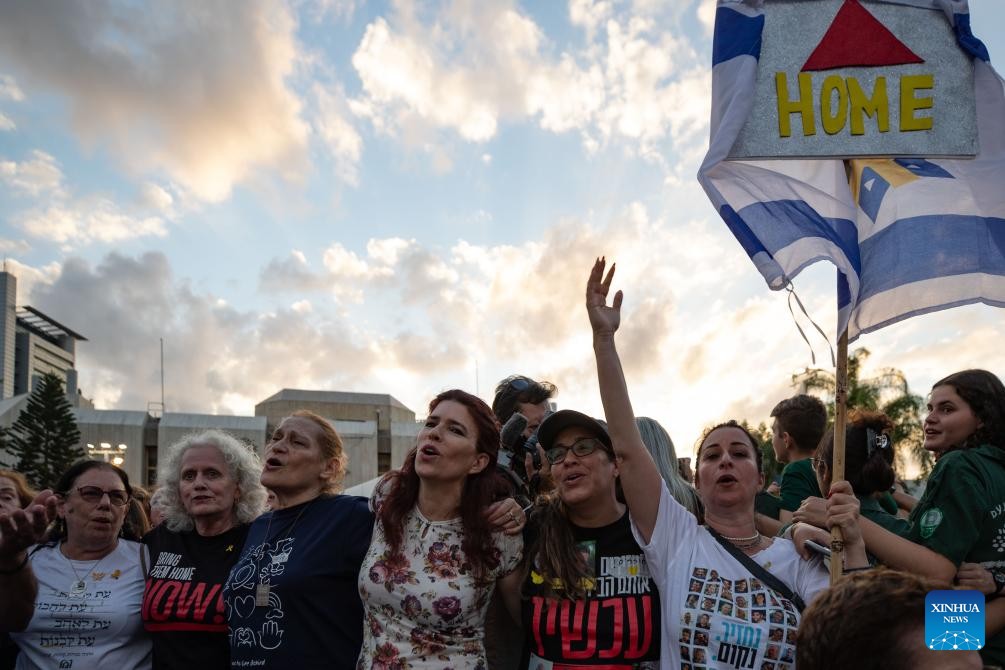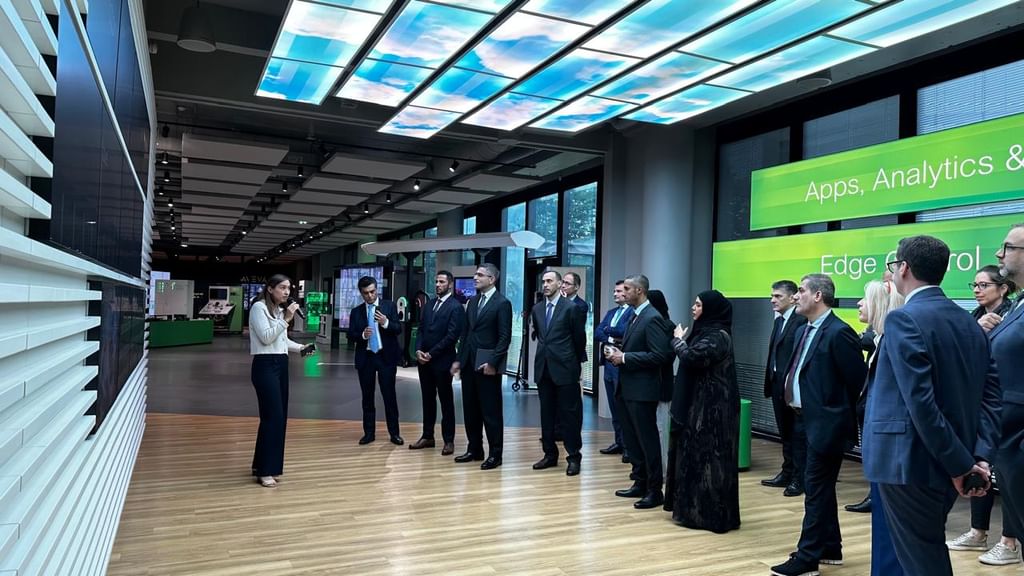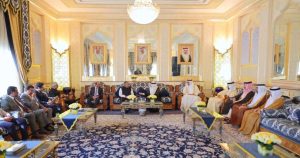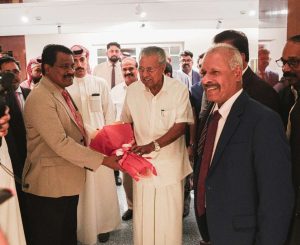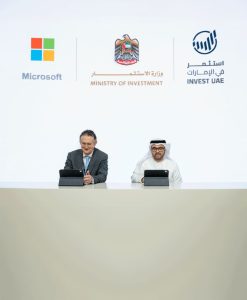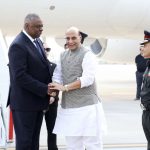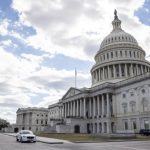Billions in energy deals and lifted sanctions mark Syria’s reintegration, as US reopens embassy and declares the war-torn nation “open for business” under new regional partnerships.
The United States has reopened its embassy in Damascus after more than a decade of severed diplomatic ties, following President Donald Trump’s decision earlier this month to lift long-standing sanctions on Syria. The move has paved the way for renewed bilateral relations, international investment, and potential regional peace efforts—including with Israel.
Newly-appointed US Special Envoy to Syria, Ambassador Thomas Barrack, raised the American flag over the US residence in Damascus on Thursday, marking the first such occasion since the embassy was shuttered in February 2012 at the height of the Syrian civil war.
“Our American flag rose proudly today over Damascus,” Barrack said, hailing President Trump’s “bold and courageous vision” and declaring that the sanctions lift had empowered Syrians “to determine their own future.” He described the moment as a “new tapestry of foreign policy in the Middle East,” praising the President and Secretary of State Marco Rubio for enabling a shift from isolation to engagement.
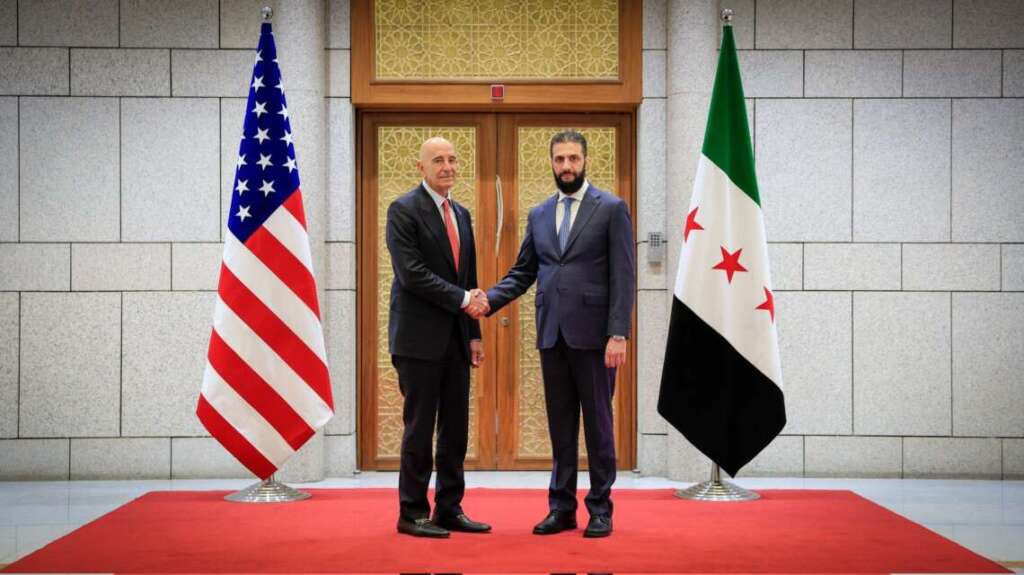
Barrack’s visit included a meeting with Syria’s Interim President Ahmed al-Sharaa at the Presidential Palace, where the two leaders discussed a framework for normalisation and rebuilding. “Meeting President al-Sharaa… while the Stars and Stripes fly again in the Damascus sky is a testament to the power of POTUS’s vision,” Barrack said, adding that the new relationship was grounded in “mutual respect and mutual interests.”
In perhaps the most unexpected development, Barrack said he believed a peace agreement between Syria and Israel was achievable. “Syria and Israel is a solvable problem. But it starts with dialogue,” he said. “We should begin with a non-aggression agreement and talk about boundaries and borders.”
Al-Sharaa, a former Al-Qaeda commander who broke ties with the terror group in 2016, took office earlier this year after the collapse of the Assad regime. His government, according to Barrack, is moving quickly to reorient Syria away from the Iranian-Russian axis and toward regional economic cooperation.
Trump had encouraged al-Sharaa to consider normalising relations with Israel during their meeting in Riyadh earlier this month—a signal that Washington intends to include Syria in a broader diplomatic reordering in the region. Barrack confirmed that the US no longer considers Syria a state sponsor of terrorism, stating: “That chapter is over with the Assad regime being finished.” However, Congress retains a six-month window to review and potentially repeal legislation like the Caesar Act, which imposed some of the harshest sanctions on the country.
“The one person who has less patience with these sanctions than all of you is President Trump,” Barrack told reporters in Damascus. “America’s intent and the president’s vision is to give this young government a chance—by not interfering, not demanding, and not imposing our culture.”
One week after Trump’s announcement, Syria has already seen a surge in international economic interest. On Thursday, Damascus hosted the signing of a landmark $7 billion energy infrastructure deal involving the US, Türkiye, and Qatar. Barrack described it as “the first major example of regional partnerships and cooperation to carve a new path.”
“Syria is OPEN FOR BUSINESS,” he declared. “Thanks to POTUS, and thanks to Qatar and Türkiye, the old boundaries and borders are collapsing. Commerce not chaos!”
The reopening of the US embassy is symbolic of a broader strategic realignment. During Syria’s 14-year war, which began in 2011 following anti-Assad protests, the country became a battleground for foreign powers, a haven for extremist groups, and a humanitarian disaster. Hundreds of thousands were killed, and millions displaced, with Washington among the many capitals that severed ties with Damascus and imposed sanctions.
Then-ambassador Robert Ford was recalled shortly before the US mission shut down. Subsequent US envoys for Syria operated from overseas, avoiding any engagement with Damascus—until now.
Barrack, who also serves as the US ambassador to Türkiye, was named Syria envoy on May 23. His dual posting is seen as symbolic of Washington’s intent to forge trilateral economic and diplomatic frameworks involving Ankara, Damascus, and the Gulf states.
As Syria looks to reintegrate into the Arab and international community, the US pivot marks both a break with its past policies and a test of its willingness to support post-conflict reconstruction, political reconciliation, and regional stability.
“The American flag in Damascus once again stands not only for diplomacy, but for opportunity,” said Barrack. “And we will walk this path with our partners—without preconditions and with open hands.”

